BCBA Supervision at Garden Academy
Garden Academy supports the next generation of behavior analysts through a comprehensive supervision program that follows the guidelines of the Behavior Analyst Certification Board (BACB).
The program is designed to prepare highly qualified behavior analysts who provide compassionate, evidence-based support to individuals with autism and their families.
What Makes Our Supervision Program Unique
Competency-Based Training: Trainees build a wide range of clinical skills through direct practice, performance feedback, and structured goal setting.
Individual and Group Supervision: Participants receive one-to-one mentorship from a BCBA supervisor and join group sessions that include article reviews, case presentations, and collaborative discussions.
Hands-On Experience: Trainees gain experience conducting functional analyses and treatment evaluations and have opportunities to mentor others as part of their growth as future supervisors.
Well-Rounded Development: Beyond technical skills, the program emphasizes decision making, problem solving, and interpersonal skills, which are essential for effective leadership in the field.
“It’s challenging, that’s what makes it interesting. You’re putting work in, and the work you’re putting in is only going to make you a better future BCBA.”
– Sean Yocum, former Garden Academy trainee
Expert Oversight
The program is overseen by Dr. Jessica Amador, BCBA-D, who has extensive experience training professionals in areas such as skill and language acquisition, social communication, toilet training, feeding programs, and the treatment of problem behavior.
The supervision program equips staff with the knowledge and skills they need to become strong practitioners while ensuring students benefit from high-quality, evidence-based instruction.


